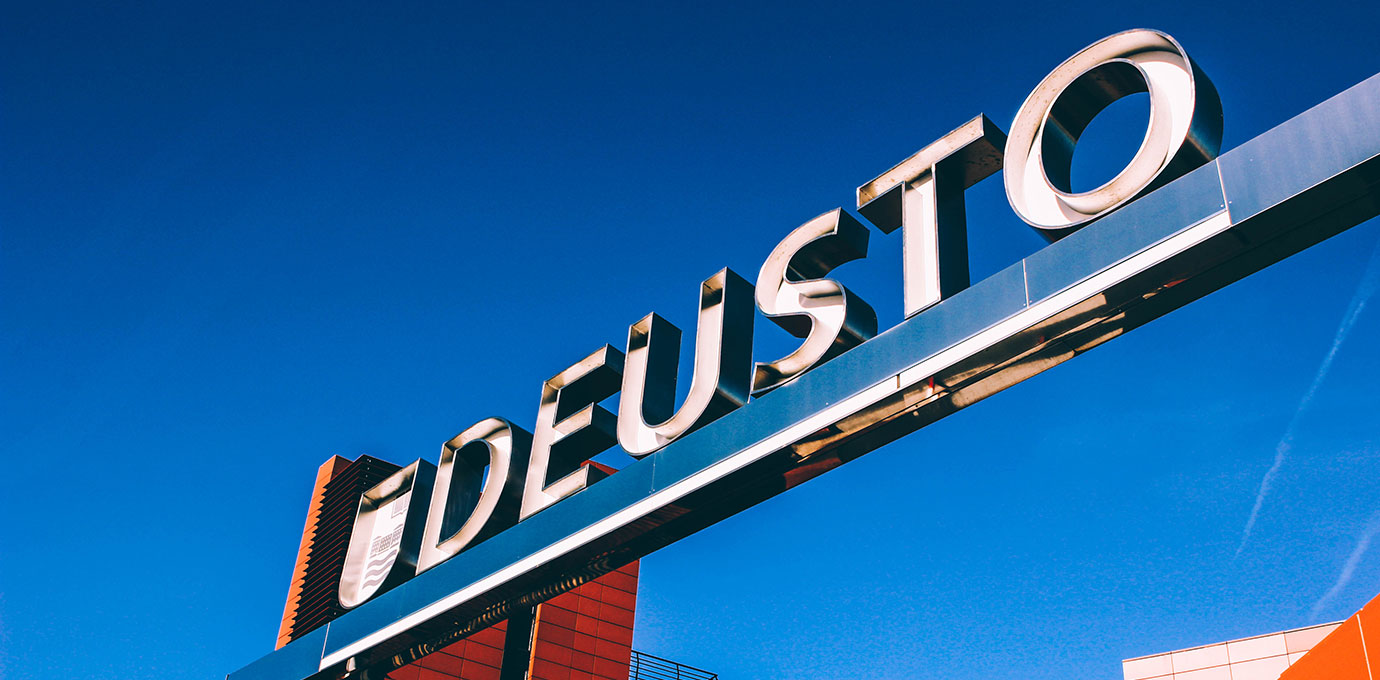26 January 2015
Bilbao Campus
During ETB’s programme “El Dilema”, Eduardo Ruiz, lecturer in Law and Director of the Department of Human Resources, expressed his concern about the stigmatisation of certain groups due to discrimination in the application of laws to ensure security.
What triggered the debate were the Jihadist attacks on the French satirical weekly Charlie Hebdo and a Jewish market, leaving 17 dead in an attack against freedom of expression. Juan Carlos Etxebarría, the programme presenter asked Eduardo Ruiz his opinion about the dilemma of balancing security and freedom.
“To a certain extent, the dilemma is not real – stated Ruiz – since there is no greater security than living in a free society. In a place where there are no liberties, it is impossible to be safe.” He stated that “freedom involves sharing thoughts and beliefs without any risk. Thus, the highest level of security must be reached in a free society.”
Regarding the regulation of certain laws to ensure security and freedom in Europe, he agreed with lawyers Pedro Ugarte, Gorka Landaburu, Marta Peirano, Borja Adsuara and Oscar Jaime that “today’s’ society demands these regulations". He explained that this generates an institutional response as politicians have to address these issues to create an apparent state of security".
Ruiz Vieytez Ruiz Vieytez was critical of many of the “solutions being discussed” and he stated that “they may not put an end to the problem we are facing”. To prove his point he used the regulations to make aerial traffic safer. He reminded the audience that this did not help avoid the terrorist attacks in Paris.
Also a lecturer in Constitutional Law, he shared his concern for the “discrimination with which laws are applied, as they take into account stigmas like social class or skin colour”. He warned about the dangers of some of these groups being "affected” by this.
Along these lines, he stated “there is no direct relationship between religion and these activities. It is important to refer to certain activities in precise terms. Otherwise, we would be including a large part of the European population who peacefully coexist with others on a daily basis.”
He disagreed with the opinion of the rest of the speakers who were not afraid of a new Guantanamo being created. He agreed with Marta Peirano that it was still a possibility and he put forth the example of European plans to build centres outside their frontiers for immigrants to manage all of their legal affairs before entering the country.
He also referred to the “immediate deportation to the countries of origin which have just been denounced in the European Court as they are contrary to the European directive and the Spanish Constitution”. He pointed out that there are still places where legal security is being challenged “like the mental health centres, almost hidden from daylight. It is there where judges, the media and other kind of guaranties should take action”, he claimed.
Borja Adsuaga explained how violence may only depend on the individual and not on social classes, religions or other type of segregations. He stated that "around the world there are about 1,600 million people following Muslim beliefs. Thus, it is an extremely diverse culture, religion or whatever we want to call it”, with persons do not use violence.
Regarding Juan Carlos Etxebarria’s question about freedom of expression being one of the liberties we have to surrender, he proposed a “critical reflection on what it means to joke about some beliefs or ideas, something which creates stigmatization, social segregation, etc".

